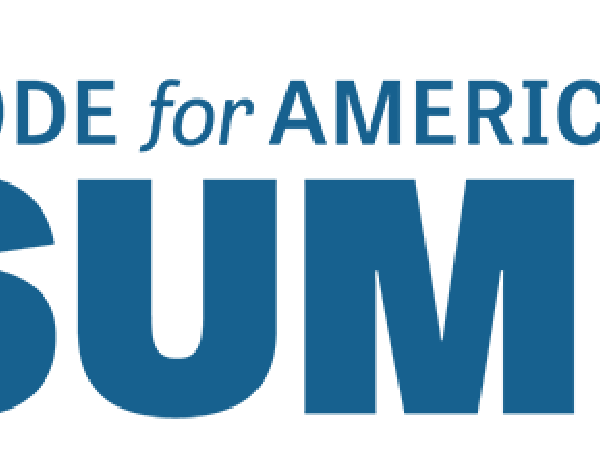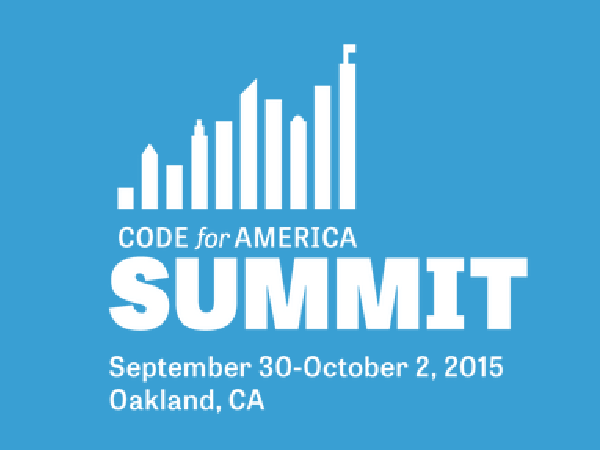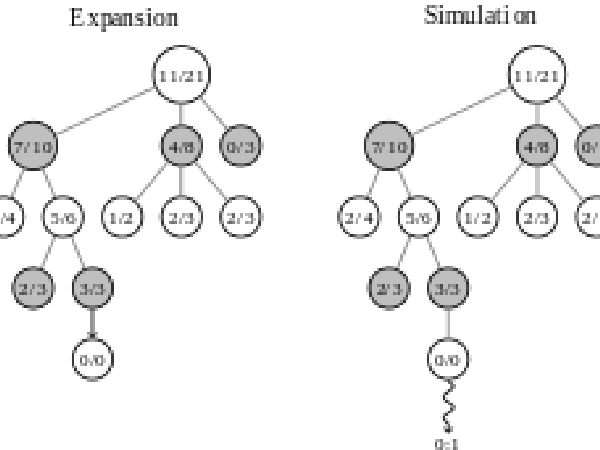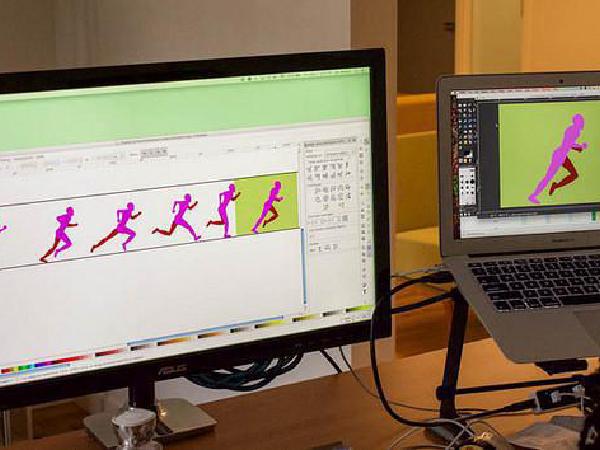Open Source
2015

Identifying Racial Bias in Policing with a Data-driven App
Recently, Caktus co-founder Colin Copeland spoke about the creation of a web app that analyzes North Carolina traffic stop data to identify racial bias during the Code for America 2015 Summit. The website allows both police departments and community members to visualize a dataset of more than 18 million stops statewide. Colin spoke with Ian Mance, the originator of the app idea and staff attorney with the Southern Coalition for Social Justice. Together with fellow community members, Andy Shapiro and Dylan Young, they used Django, an open source web framework, to make policing data more accessible.

Colin Copeland to Speak on Police Data and Racial Bias at Code for America Summit
This Thursday, Colin Copeland, CTO and Caktus Group Co-founder, will be co-presenting “Case Study from North Carolina: Identifying Racial Bias in Policing Practices” during the prestigious 2015 Code for America Summit in Oakland, CA. This invite-only event joins technologists, activists, and officials ranging from mayors to White House officials to discuss technology’s role in civic participation.

Introduction to Monte Carlo Tree Search
For DjangoCon 2015, Jeff Bradberry created an A.I. for our booth game, Ultimate Tic Tac Toe. Reprinted here from jeffbradberry.com is his explanation of the Monte Carlo Tree Search used to build the A.I.

Announcing the Caktus Open Source Fellowship
We are excited to announce the creation and funding of a pilot program for open source contributions here at Caktus Group. This program is inspired by the Django Software Foundation’s fellowship as well as the Two Day Manifesto. For this program, Caktus seeks to hire a part-time developer for twelve weeks this fall for the sole purpose of contributing back to open source projects. Caktus builds web applications based on open source tools and the continued growth of these projects is important to us. Open source projects such as Python and Django have given so much to this company and this is one of many ways we are trying to give back.

Stanford Social Innovation Review Highlights Caktus' Work in Libya
The Stanford Social Innovation Review recently featured Caktus in “Text the Vote” in Suzie Boss’ “What’s Next: New Approaches to Social Change” column. It describes how our team of developers built the world’s first SMS voter registration system in Libya using RapidSMS.

Robots Robots Ra Ra Ra!!! (PyCon 2015 Must-See Talk: 6/6)
Part six of six in our PyCon 2015 Must-See Series, a weekly highlight of talks our staff enjoyed at PyCon.
I’ve had an interest in robotics since high school, but always thought it would be expensive and time consuming to actually do. Over the past few years, though, I’ve observed the rise of open hardware such as the Arduino and the Raspberry Pi, and modules and kits built on top of them, that make this type of project more affordable and accessible to the casual hobbyist. I was excited by Katherine’s talk because Robot Operating System (ROS) seems to do for the software side what Arduino and such do for the hardware side.

Creating and Using Open Source: A Guide for ICT4D Managers
Choosing an open source product or platform upon which to build an ICT4D service is hard. Creating a sustainable, volunteer-driven open source project is even harder. There is a proliferation of open source tools in the world, but the messaging used to describe a given project does not always line up with the underlying technology. For example, the project may make claims about modularity or pluggability that, upon further investigation, prove to be exaggerations at best. Similarly, managers of ICT4D projects may be attracted to Open Source because of the promise of a “free” product, but as we’ve learned through trial and error at Caktus, it’s not always less costly to adapt an existing open source project than it would be to engineer a quality system from the ground up.

Q2 2015 ShipIt Day ReCap
Last Friday everyone at Caktus set aside their regular client projects for our quarterly ShipIt Day, a chance for Caktus employees to take some time for personal development and independent projects. People work individually or in groups to flex their creativity, tackle interesting problems, or expand their personal knowledge. This quarter’s ShipIt Day saw everything from game development to Bokeh data visualization, Lego robots to superhero animation. Read more about the various projects from our Q2 2015 ShipIt Day.

Marketplace Radio Highlights How Service Info App Helps 1.5 Million Syrian Refugees
Recently, one of our projects, Service Info, received national attention thanks to a Marketplace interview. American Public Media’s Kai Ryssdal spoke with International Rescue Committee CEO David Miliband about how Service Info is helping 1.5 million refugees of the Syrian conflict in Lebanon. The Syrian conflict is one of the worst ongoing humanitarian crises, accounting for the majority of the world’s refugees.
Why RapidSMS for SMS Application Development
Caktus has been involved in quite a few projects (Libyan voter registration, UNICEF Project Mwana, and several others) that include text messaging (a.k.a. Short Message Service, or SMS), and we always use RapidSMS as one of our tools. We’ve also invested our own resources in supporting and extending RapidSMS.